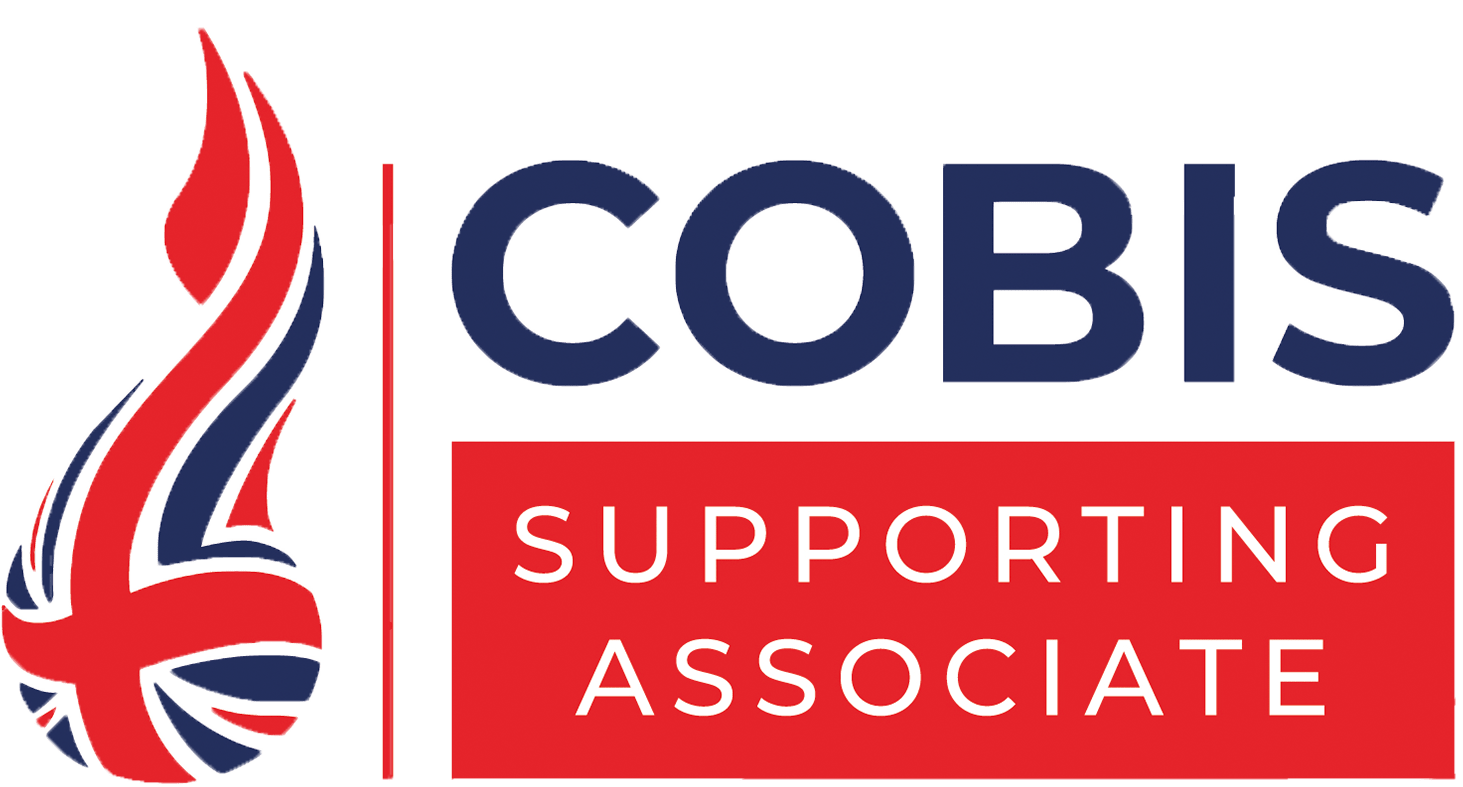I’m new to blogging. It’s taken me a good while to figure out Twitter; the thought of entering the fray of the blog is quite a novel and exciting one… I’ve spoken at conferences and given talks all over the place, but there is a difference between being invited to speak, and speaking uninvited. Until now, I’ve needed an invitation.
Irrespective of what I may say about my inabilities with technology (they are many and varied), the underlying truth of my late entry to education blogging is simple: until now, I didn’t think that I had much to say. Odd, really, considering the last fifteen years of my professional life have been spent working in a range of education-related roles: teacher, school leader, education researcher, consultant and policy fellow. I guess it’s taken a while for things to percolate through my brain.
Now that I’ve set up evidencebased.education, I feel that I have the independence needed to speak about areas of education that are a) important to me and b) things about which I have something relevant to say. Moreover, I believe that I have something useful to contribute.
So why is this blog called ‘What Worked Where’?
In the realms of education research, there is much talk of ‘what works’. The Institute of Education Sciences’ What Works Clearinghouse presents useful information drawn from research studies; the Education Endowment Foundation’s Toolkit is an excellent, accessible compendium of research on teaching; Durham University’s Centre for Evaluation and Monitoring was leading the evidence-based charge long before many thought there was a charge to be led (watch CEM’s Director Rob Coe’s Professorial lecture here); York University’s Best Evidence in Brief is a good way of keeping up with recent developments. Other education evidence websites are available(!), and the absence of others not listed here signifies nothing.
But we’ve got the tense all wrong with our thinking about the effectiveness of interventions in education.
We need to ask ‘What worked?’ followed by ‘Under what circumstances?’.
I’m not saying anything new here. Amongst others, Dylan Wiliam’s address at researchEd 2014 reminded us that we’re often asking the wrong question: even the best, most robust intervention research can only ever tell us about the impact of something, implemented somehow, somewhere, somewhen. So, instead of writing an education blog called ‘What Works Where’, I thought it more accurate to change the tense.
I hope to write about what I’m learning about the application of research evidence in education decision-making, and to add my voice publicly to the narrative of evidence-based education; I hope to provide interesting and useful posts. We’ll see.





